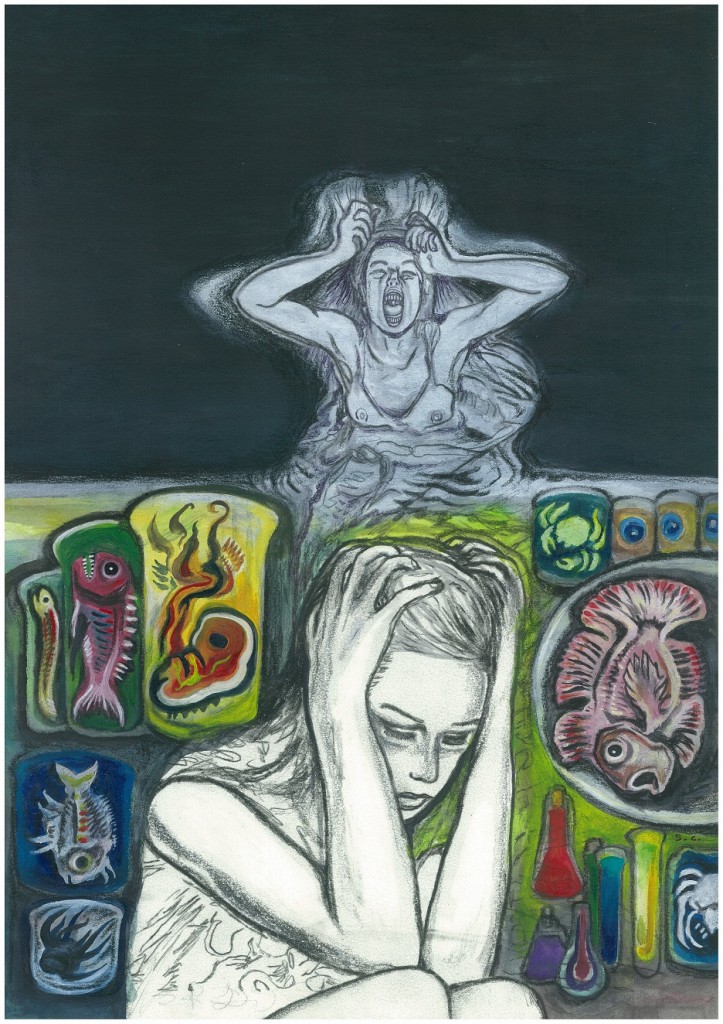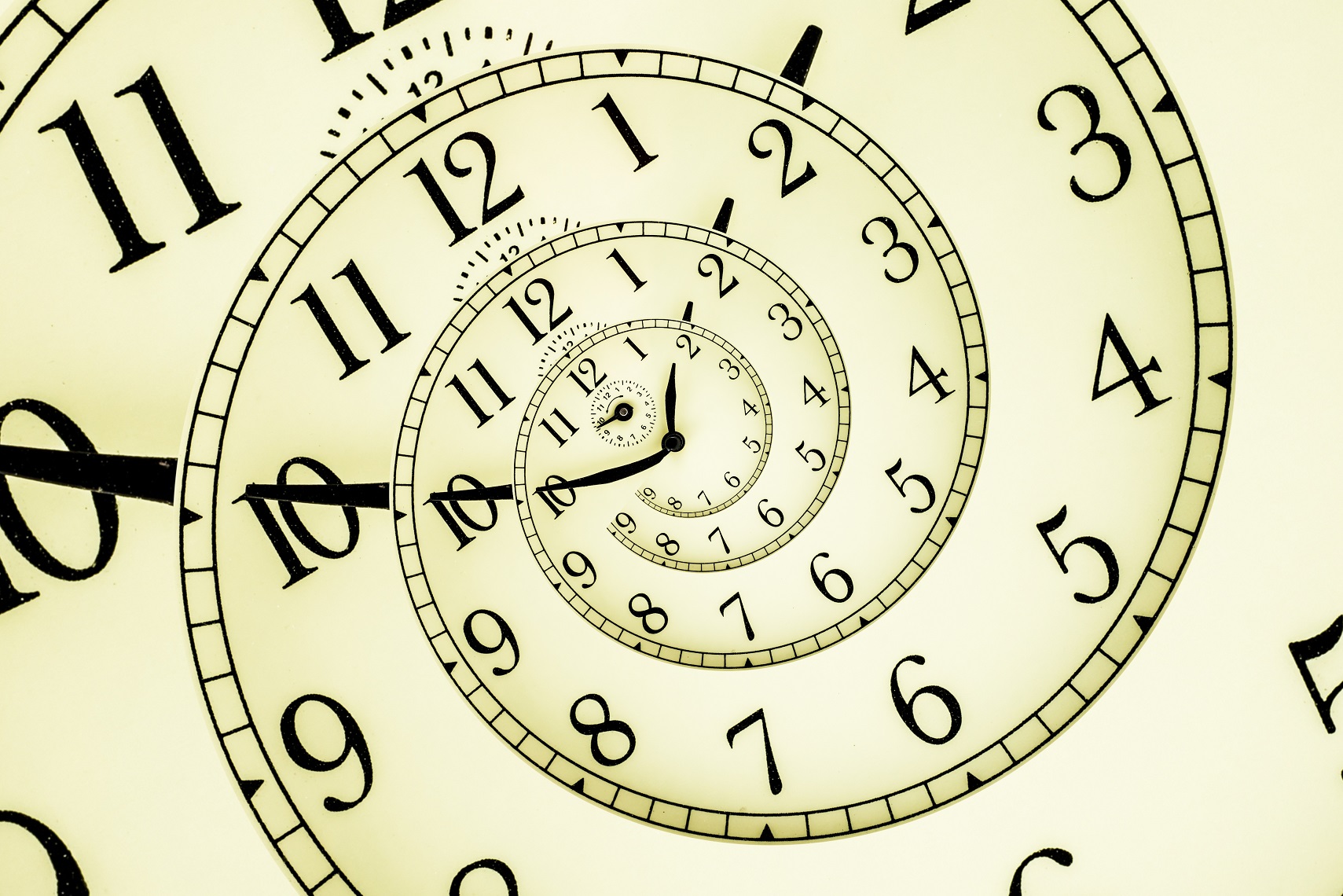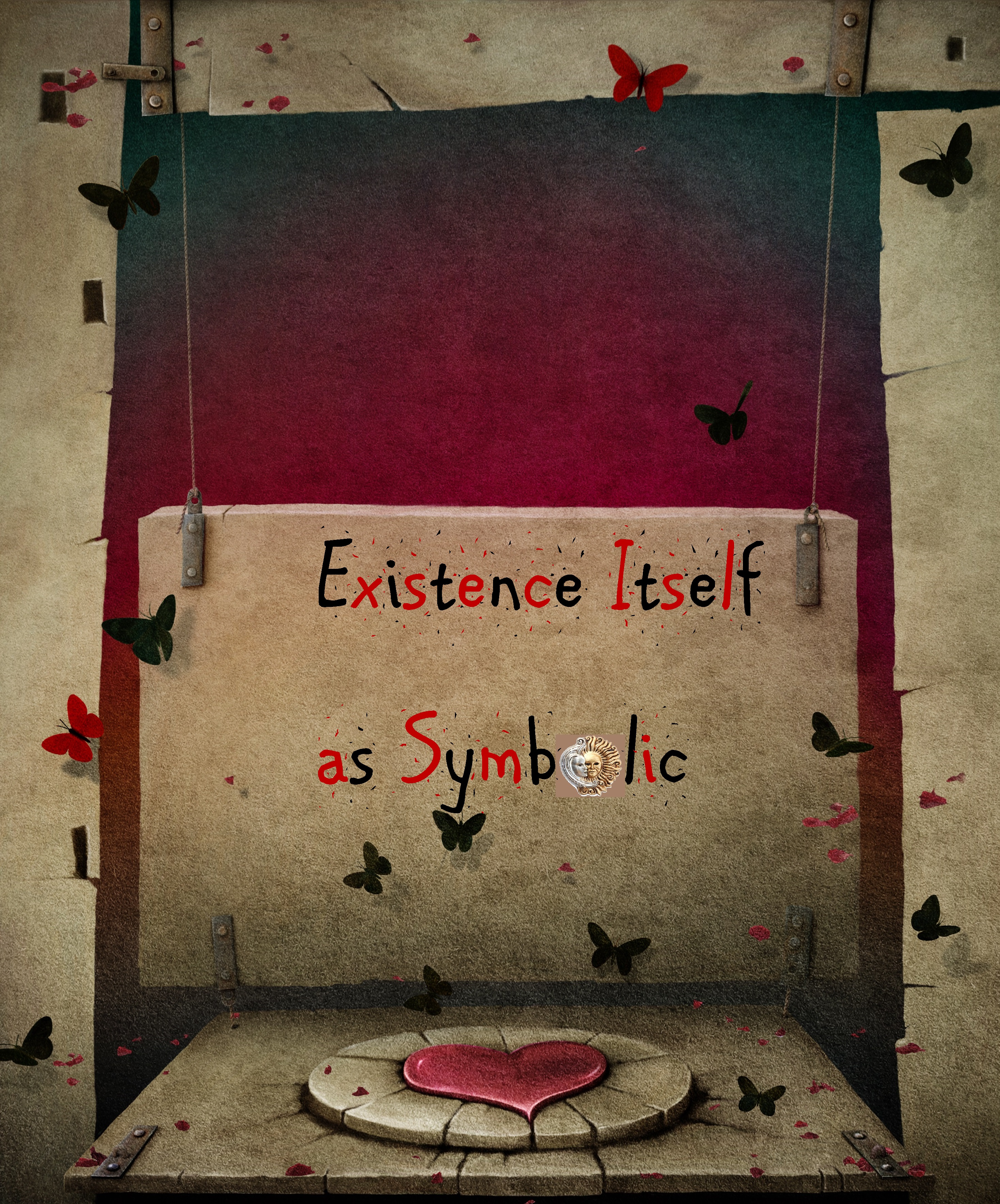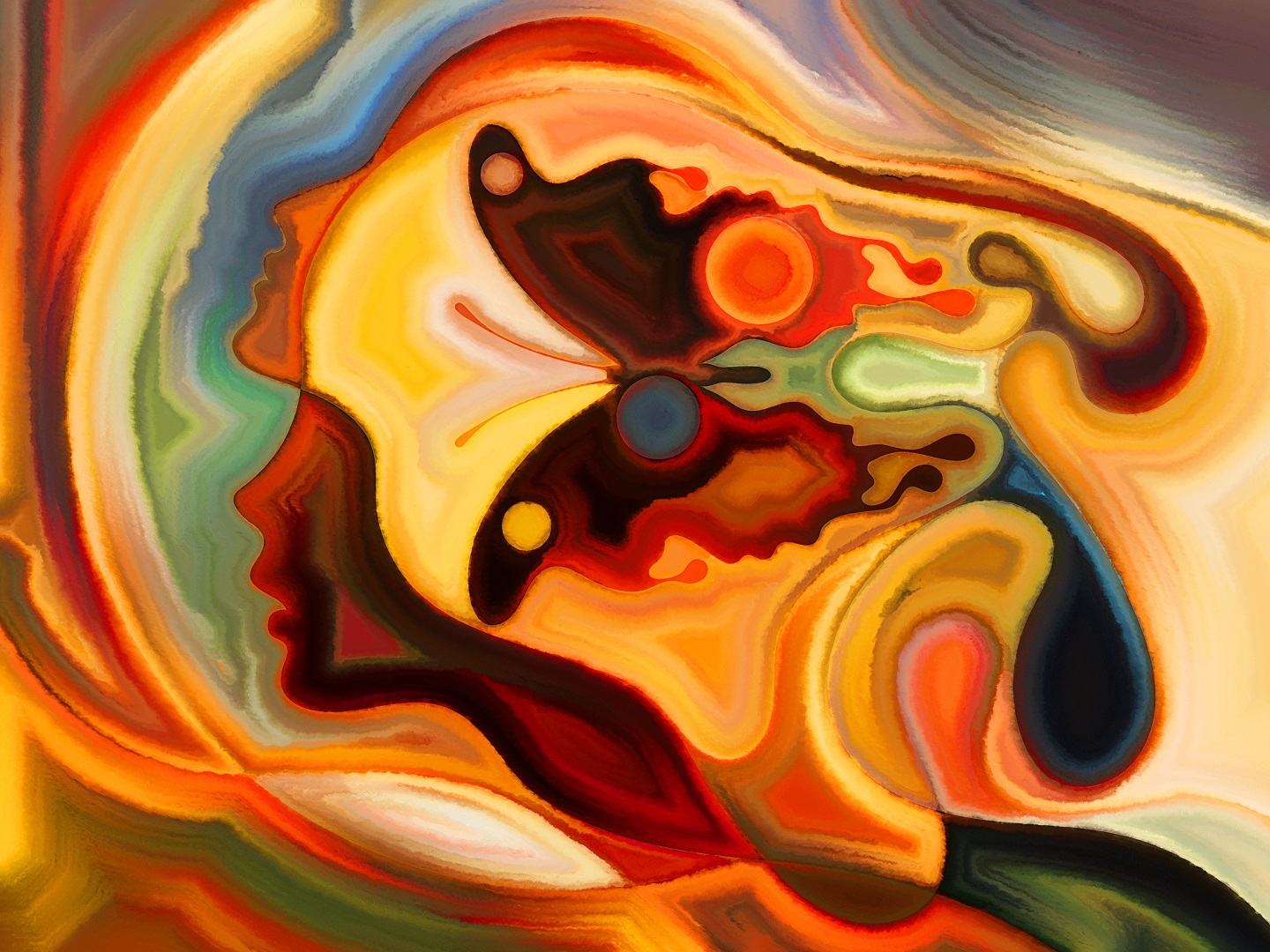
“Hope deferred makes the heart sick, but the wish come true is a tree of life” (Proverbs XIII, 12)
For most of us the idea that extreme dissatisfaction can lead to aggravation and disquiet and eventually to some form of physical illness isn’t all that farfetched. I can recall a great many instances in my life where prolonged internal conflict and loss of fundamental harmony within myself have caused physical symptoms such as headaches, palpitations, tiredness, demotivation, dizziness, and general malaise. The propensity for a negative or unbecoming psychic projection or “vibration” to emanate from one’s own being, acquire an objective existence of its own, and announce its presence through illness espouses the idiom “mind over matter” and imbues it with an experiential credibility familiar only to denominations of scientific inquiry. Hence, it would be reasonable to suggest that when psychic blockage caused by dissatisfaction or inner turmoil is the reason behind an ailment the removal of those feelings or sentiments are enough to re-establish a harmonious condition within the psyche and “cure” the sufferer. Right? From experience most of us would concur with the opinion that the powers of physical illness are quite expansive and colossal but the psyche’s powers of regeneration and its ability to heal itself are even mightier. Can anyone recall not feeling even a tiny bit better after attaining an object of desire? Can anyone recall how easily physical ailments, pain, or the condition of suffering recede from our conscious standpoints when we become absorbed by laughter or titillation; when our cravings are satisfied or disappointments appeased; and when our egos are pampered by prestige and public recognition.
Whether we like it or not, the gratification of desires, a streak of serendipity, and good fortune has much to say about the general condition of our health and wellbeing. Happy people who carefully monitor and keep their stress levels to a minimum are more often than not healthier and more content with their lives, their relationships, and with their place in the cosmos than those who don’t. What springs to mind here are fundamental laws of living propagated and popularized by many Eastern philosophies and religions; material attachments and possessions inflate the individual ego which then usurps the greater intellect sitting on the throne of one’s being for a desirousness whose projections upon reality are futile and unrealistic and thus can never be satisfied. While this assessment resonates well in a world seeking respite from a societal nightmare that we ourselves imagined, wished for, and created, the practices and modes of living advertised do not provide tangible and practical solutions for individuals with mentalities and methodologies inherited from developed countries known loosely and collectively as the “West”. Whether we like it or not the manner and style of living in the developed world as well as its one-dimensional and flawed perspective that levels of success and influence are to be determined in terms of finance and revenue have created an evolutionary path from which materialism cannot be jettisoned. Consequently the only feasible solution to relieving sickness caused by frustrated wishes in a ‘Western” culture whose societal conventions, norms, and practices facilitate them is to gratify them.
On the whole this piece of advice sounds quite controversial, undisciplined, and unevolved, but the fact remains that in all cases where the heart’s desire is gratified a return to optimum functioning follows. The efficacy of a therapeutic method in enacting a cure and its psychogenic action must always take precedence over the procedure employed, whatever its moral grounding might be. What good is any form of therapy if it doesn’t work? One could put forth innumerable cases throughout any phase of history to support the postulation that the gratification of desire heals an individual. Take the two powerful sentiments of homesickness (or nostalgia) and lovesickness for instance. The first, a vibration that is quick to find expression in soldiers, students, intellectuals and folks that are forced to seek their fortunes in other countries, can quickly become a powerful elemental if brooded upon unremittingly and drive its creator to madness and even death if the situation is not rectified by a return home. In the same way individuals that become love-struck are tortured by “vibrations” or elementals that expand like helium balloons and spur the withering and eventual death of their creator unless the latter is united with the person to whom the desirousness is directed.
In some indigenous cultures like the Hurons and the Iroquois of northeaster America it is customary to grant desires and wishes that are articulated through dreams for fear that denial might kill the patient. French Jesuits visiting the Indians in the seventeenth century documented causalities ascribed by them to illness; natural cases, black magic, and undisclosed yearnings. When a healer suspected the last as being the agent responsible he or she called upon a saokata (diviner) to determine the exact nature of the unconscious aspiration. If the divinatory process revealed that the illness wasn’t terminal, the healer would gather an assortment of valuables from willing donors which was presented to the patient at a pastoral celebration called the ‘festival of dreams’. It was widely held amongst the Indians that gifts offered for such a purpose spurred a swift recovery. The existence of such a tradition obviously leaves the door open for charlatans and less than honourable persons to make a quick fortune by feigning illness and fabricating dream content. Save for this slight detriment the custom as the whole is advantageous because it provides the ultimate milieu for mutual psychogenic therapy through monetary transactions and collective festivities. If members of a tribe are contented, wealthy, and above all compensated then there’s absolutely no reason why they should become sick!
In light of the aforementioned observations it would be apt to declare that the success of any therapeutic method is highly contingent upon the fabrication of various circumstances through which the carnal drives of the sufferer, possessive or libidinal in nature, or those orientated towards spiritual growth, individuation, and social recognition might be consummated. Sometimes an actual therapy or “cure” is better bequeathed by a set of circumstances than an actual psychotherapist. Sometimes you, your attitude and your actions are your own therapist and best friend.









